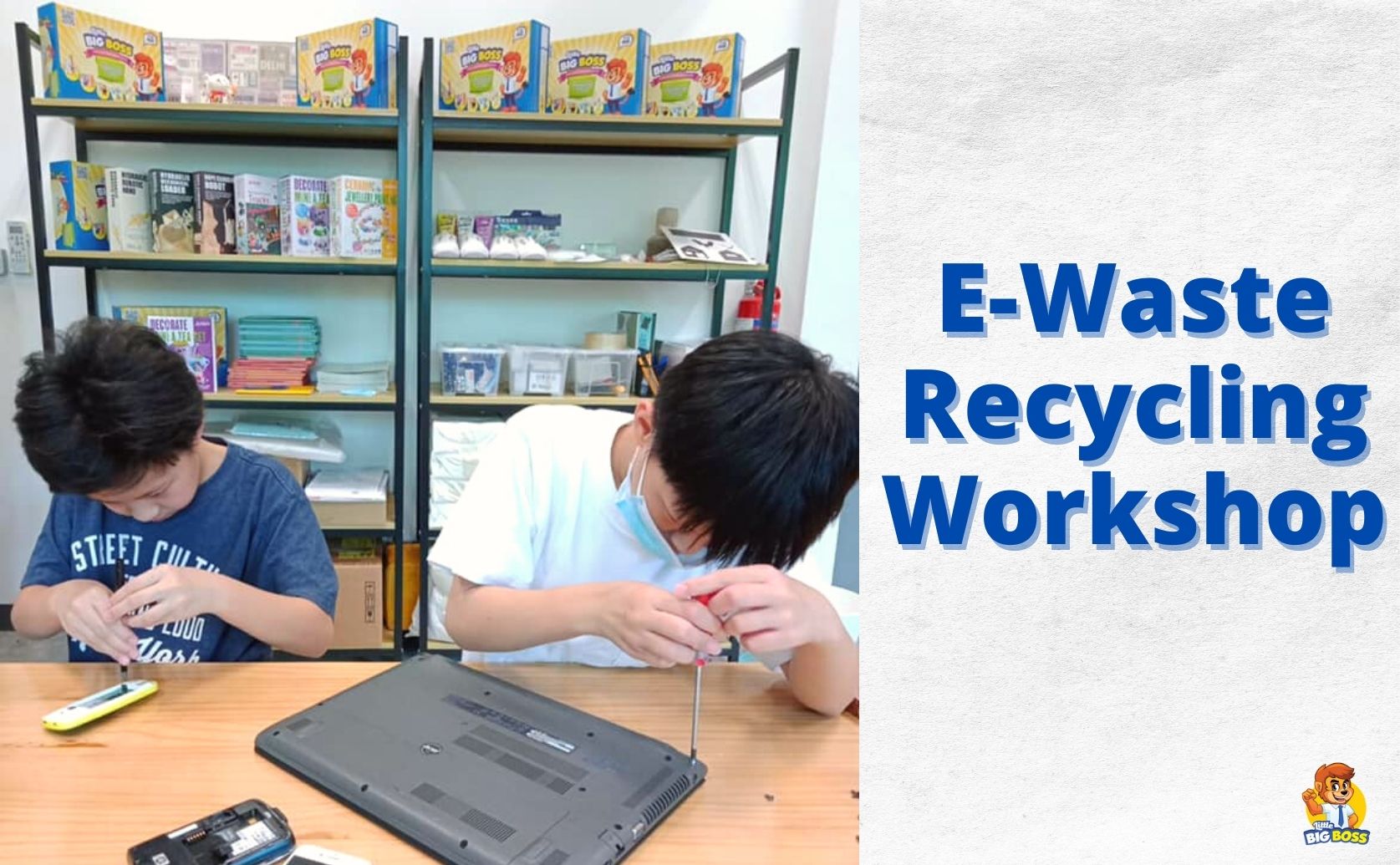
New technologies are raising rapidly and you will see that the adoption rates of technologies have sped up faster than before.
From artificial intelligence to robotics, it is inevitable that we are being coerced to move into the unknown. Simply said, today’s educations syllabus is not fast and sufficient enough to keep up with technological changes.
The unknown future drives the need to future proof the educational gaps that the children is receiving.
Parents can actively involve in developing the following entrepreneurial skills to their children. Parents need not be entrepreneurs themselves to teach children on these skills:
1. Being Industrious and goal-orientated
Parents may ask how can they help to develop the determination of their children? Parents can start by setting simple yet achievable goals together with their children. Run through the purpose with them and provide opportunities for children to take charge of their own actions.
Develop and break down the steps to guide the child towards achieving the goals.
When the child face obstacles, that will be the most valuable opportunities for your child to learn how to tackle and overcome the problem and most importantly develop their patience to stay on track till goals are reached.
2. Problem Solving
Children who lack problem solving skills usually jumped into actions before weighing and considering the options that they have.
For example, when a child was being teased in class and he would just walk out of the class to avoid the problem because he could not think of any other ways to stop it.
This is therefore essential to teach the children the skills of identifying problem, developing all possible solutions, listing down the pros and cons of each solution, pick a solution and test it out.
When things don’t go according to plan, review what went right and what went wrong. From there, repeat the processes again.
3. Stay Focus and Get Things Done
At times, it can be challenging to ask a child to stay focus on what they are doing.
However, finding a purposeful reason such as product development, selling and marketing, getting real customers to buy the child’s product can be a very fulfilling experience.
When a clear purpose and goal is set, the child will be able to stay focus and hit the milestones of getting tasks accomplished through guidance from parents.
4. Pick up oneself from failure
Introducing entrepreneurship education to children would allow them to experience failures in the process such as the carefully planned solution does not work or the product launched with no buyer at all.
When such failure is presented to a child, it gives them the opportunity to review what went wrong and how to pick themselves up from the failure to try again.
5. Empathy
Being empathetic helps a child to understand how others are feeling so that the child can respond appropriately to the situation. In the context of entrepreneurship, being empathy can drive the motivation of the child the desire to brainstorm and provide solutions to problem that his friends and family members are facing. These solutions could potentially turn into businesses.6. Innovative and Creativity
Continuing from the earlier point on empathy, in the process of solutioning, it drives the child to be innovative and creative to think out of the box to solve the problems.
Creativity and innovativeness can be developed via providing a safe environment for the child to make mistake, integrate the play element in the process as the child learn, arousing curiosity in him to explore and experience viable solutions, developing the passion in what the child is going through and more importantly, to understand the purpose and meaning behind every step that he takes so that the child will stay on track and not give up easily.
7. The Skill of Simplifying Things
As part of the entrepreneurship process, the emphasis is to provide solution that is easily understood and used by others.
It is an important thinking skill that can be developed as the child provide a simpler solution to the problem or streamlining the existing processes to cut the unnecessary workflow, thus cutting cost.
8. An early exposure to concept of money
An early introduction of entrepreneurship to a child also means introducing the concept of item value to the child. This is an important growing stage to ensure that the child knows how to manage money for themselves. In addition, financial illiterate child may end up continuing to demand parents’ financial support beyond adulthood.
In entrepreneurship context, it relates to the concept of understanding the pricing process to make a profit.
In order to make a profit, the child needs to learn how to develop product or services that others want and this process of creating values in the products and services goes beyond just understanding the dollars and cents.
9. Leadership
Embarking on entrepreneurship journey provides the opportunity for the child to lead a team. The child can take the opportunity to set goals for the team, lead discussions, delegate tasks and lead the team to achieve a common goal.
10. Self-Confidence
In the process of embarking on entrepreneurship journey, the child learns how to think independently and achieve milestones along the way.
All these helps to build self-confidence of the child as he builds his entrepreneurial competencies along the way.
Surely there are many more skills that can be taught to children; the best way for children to learn are to journey and experience the processes in a safe environment where children can learn and interact with one another, learn entrepreneurship at own pace, enjoy the joy of coming up with their own product, make mistakes, learn from them and be better than their yesteryear.



